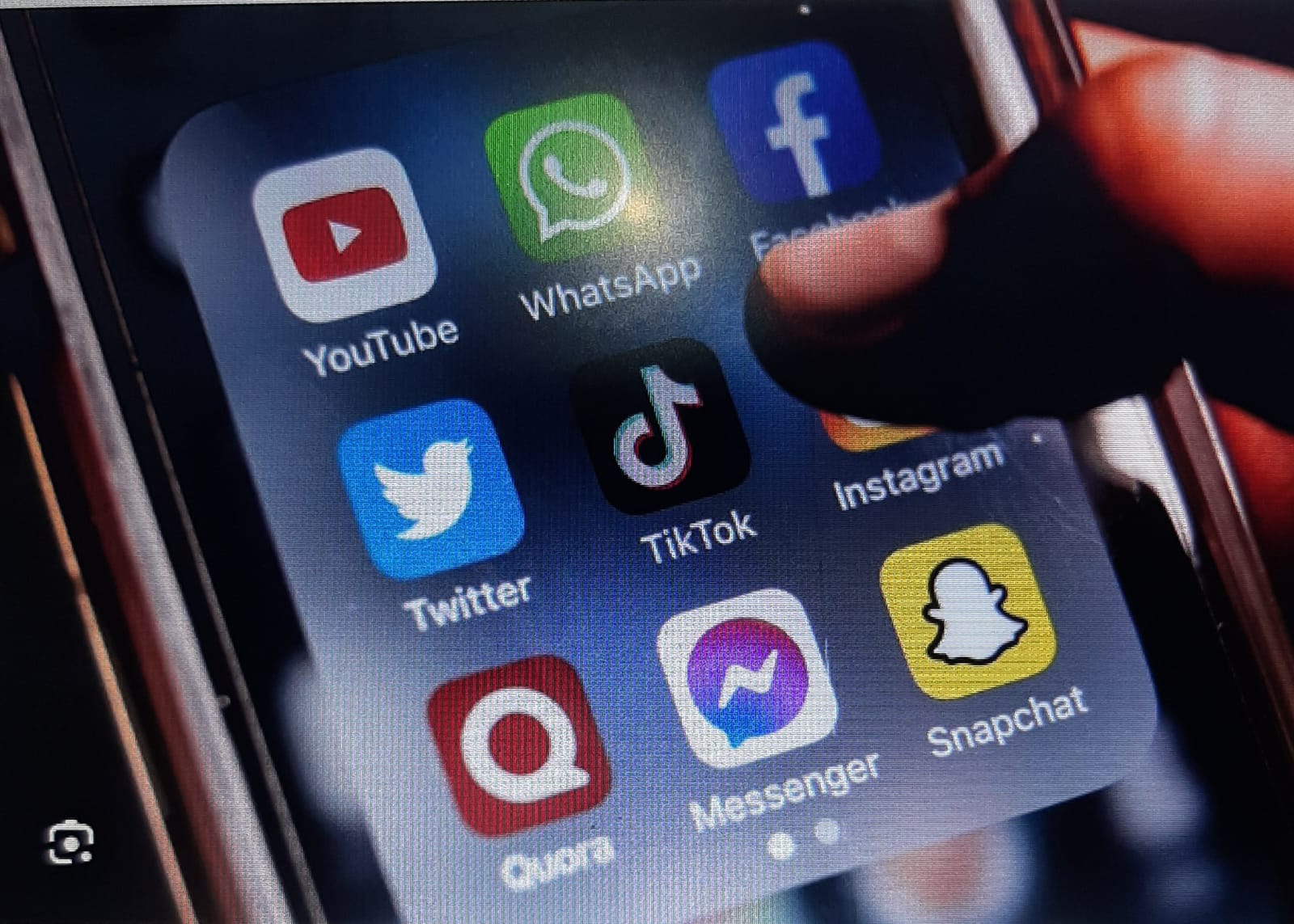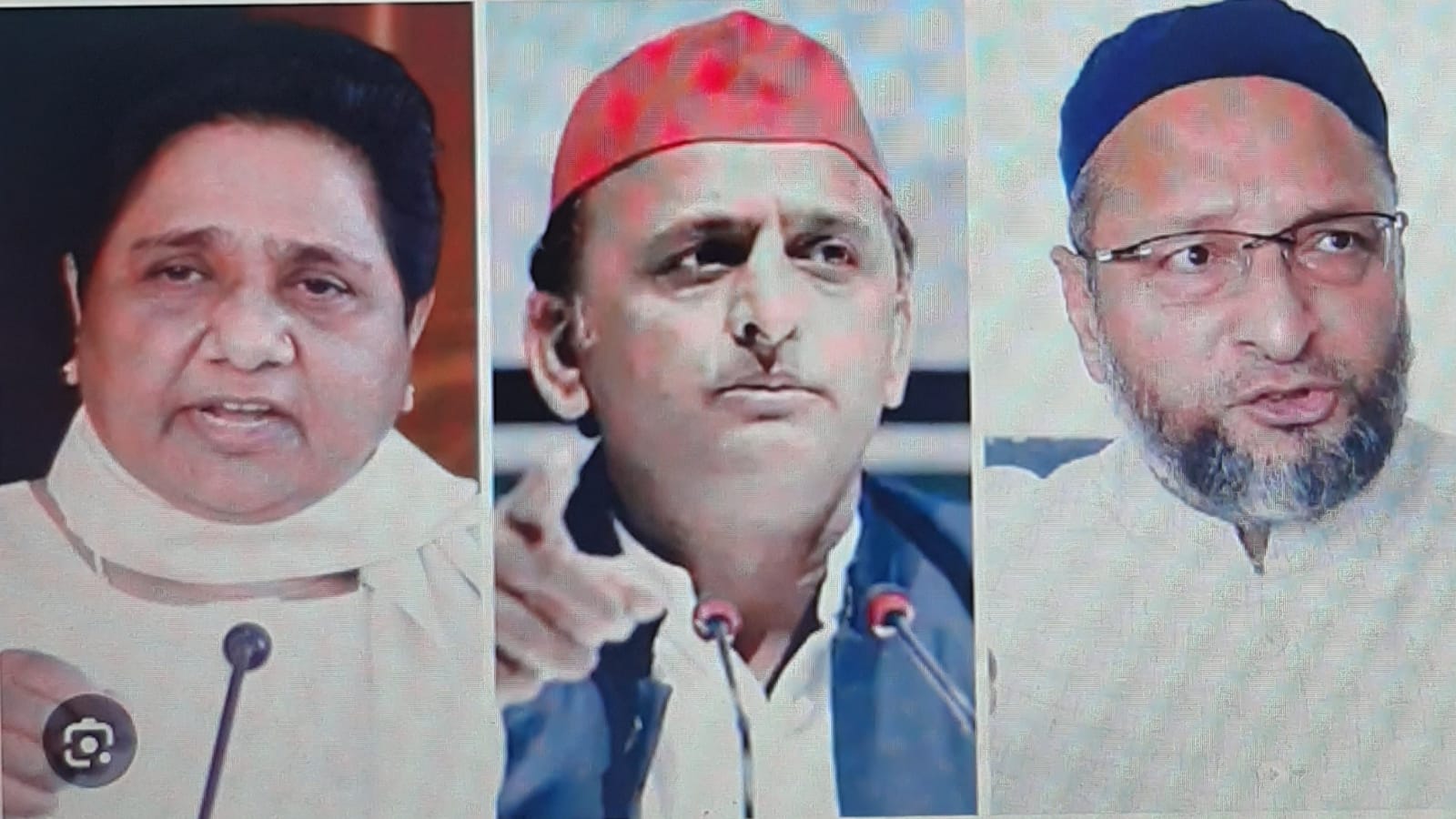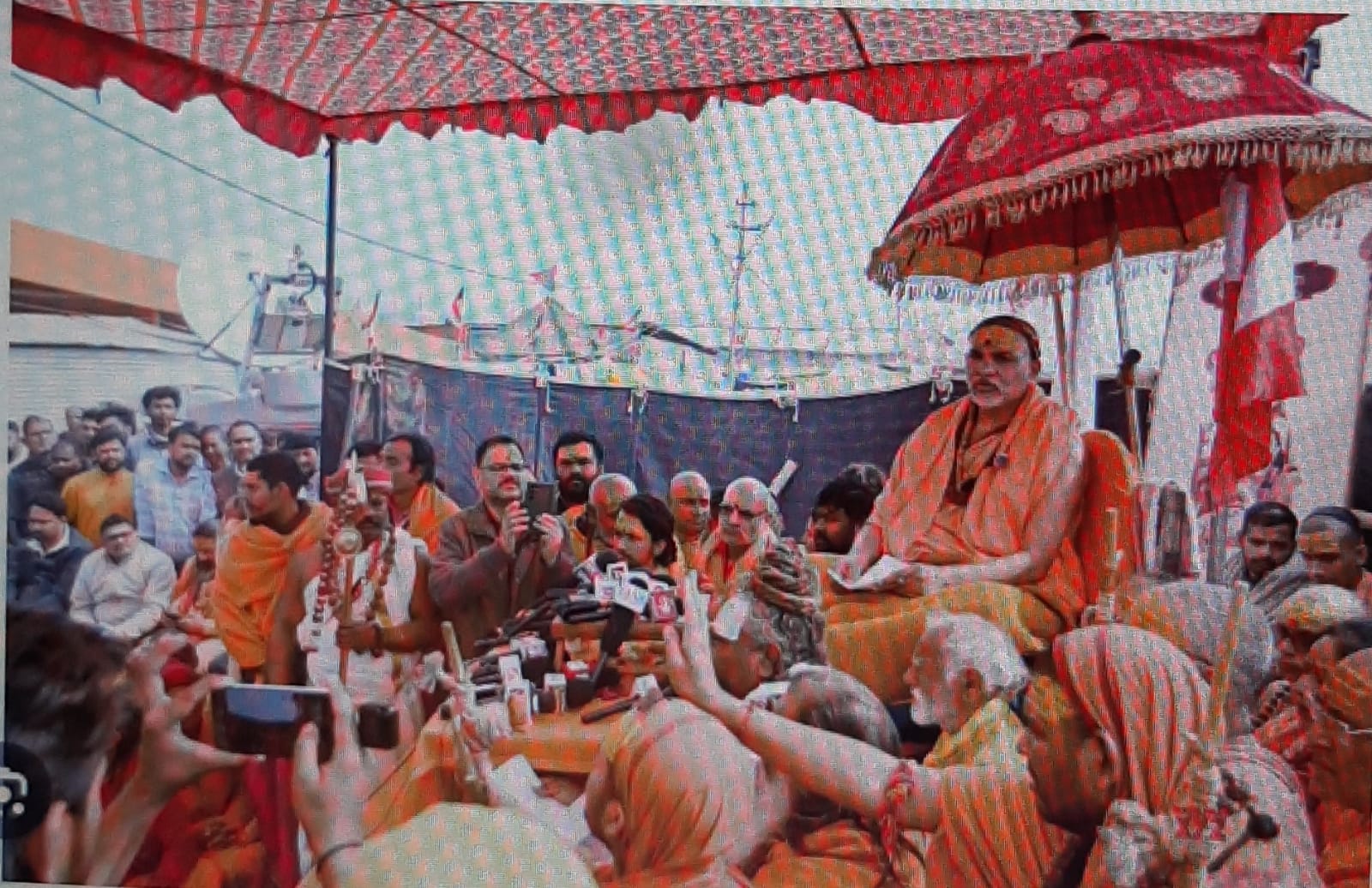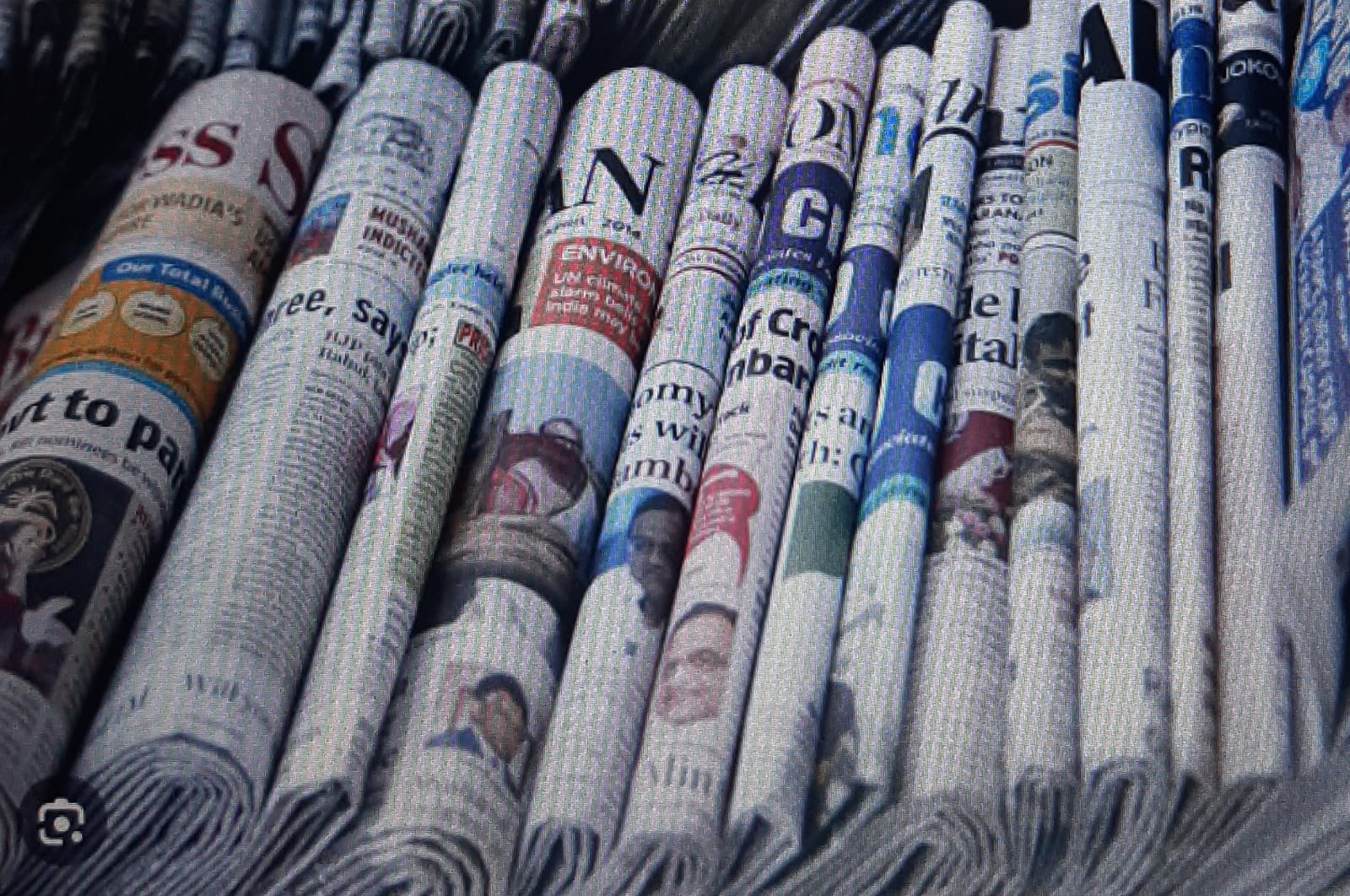
For the past several years, social media platforms have become easy and very fertile ground for various religious, sectarian, extremists and political outfits to espouse their sinister agendas with devastating consequences. The gullible common people join the fray, on one side or the other, using the extensive reach of these platforms to express their support of views which are seldom based on truth or verifiable facts, writes former IAS officer V.S.Pandey
We are extremely fortunate to be living in an era of social media which has enabled us to share our thoughts and feelings freely, fearlessly and continuously. Humanity had not enjoyed such instantaneous communication earlier. This upsurge of communication occurred in the 21st century when in 2004 Google commenced its operations in India followed by Facebook and Twitter(now X) in 2006 and You Tube in 2008. Undoubtedly, googling led to an explosion of information, which if used properly, could have served humanity more positively. But the same cannot be said about Facebook, Twitter and YouTube and other such platforms. These platforms have given the people unbridled freedom and opportunity to express their thoughts and feelings, but how has this opportunity been used is a question that needs serious examination. George Orwell’s 1984 is resonating ominously in today’s scenario with chilling ‘newspeak’, Big Brother relentlessly watching and technological prowess being unleashed to transform we, the people, into addicted consumers who are brainwashed into passively aligning with the agendas dominating our ‘feeds.’
For the past several years, these platforms have become easy and very fertile ground for various religious, sectarian, extremists and political outfits to espouse their sinister agendas with devastating consequences. The gullible common people join the fray, on one side or the other, using the extensive reach of these platforms to express their support of views which are seldom based on truth or verifiable facts.
Now it has become practically a free for all on the so-called social media platforms where frequently, most unsocial language and behaviour is displayed, most of the time under fictitious names. Now anyone can abuse any individual, even the State, on social media vis a vis facebook, twitter and youtube which have given the ultimate sovereignty to every individual, with his/her gang of lumpen supporters to incite, malign, shame or defame their target in vitriolic language. The hapless individual victim has no recourse.
The proposed Broadcasting Bill 2024, which now stands withdrawn, whenever it takes final shape must ensure complete freedom but not by compromising accountability of the diverse media landscape. It must not curb but instead must facilitate honest public discourse -which is practically absent in India today.
We must exercise our right in a free and independent media ecosystem. This is not feasible when our mass media have become big business, as Noam Chomsky has asserted , “massive corporations…they sell audiences to other …advertisers…You are the product that they are selling…What picture of the world do you expect them to present?’’ They manufacture ‘news’ as well as ‘consent’ for the powers that be- at a hefty price. The passive viewer is duped by this skilled unstinting propaganda. Judging the content by its catchy title/cover is another stratagem deployed to ensnare the vulnerable viewer. Visit Youtube and see what the promos or headlines of many videos are- then open the video and you find nothing even remotely related to the heading or promo. It is a trick played by the YouTubers to lure you into opening the video enticed by the deceptive head line, thereby giving these fraudsters the opportunity to add many more additional viewers, through these clicks, thus augmenting their income through youtube advertisers.
Pause and think -who are the prime beneficiaries? Mark Zuckerberg has a net worth as of June 13, 2024 is USD $184 billion, making him the fourth richest person in the world. Google, which owns youtube has a net worth of more than two trillion dollars, exceeding the GDP of most nations. Certainly, those who created these platforms are the richest people on the planet. What about those who are clinging to, even addicted to these free platforms not knowing that when anything is available for free -the consumer is himself the product and he and the society are unknowingly paying a very heavy cost to the creators of these platforms. The question is whether things should be allowed to drift as they are or should these anomalies be corrected.
Recent researches on this subject have arrived at the conclusion that despite the positive benefit of rapid information sharing, social media enables people to create false identities and superficial connections, causing depression and psychological issues. It is a primary recruiting tool of criminals and terrorists. Since social media is a relatively new phenomenon and the impact studies done are reasonably few, the advantages of social media are emphasized more often, as opposed to its negative aspects -which are discussed rarely. This trend must change. Change is the law of nature and it is necessary and inevitable but every change comes at a cost. Discounting positive impacts does not hurt in the long run, nearly as much as negative ones do. While celebrating the new found freedom to express and communicate instantaneously, one must remain alive to the consequences of the harm posed by this unchecked, uncontrolled new medium of communication which threatens to expose all to a gradual destruction of our value/ethic systems.
Social media has had a significant impact on politics and social issues and has provided a platform for political activism, with movements such as Arab springs, Black Lives Matter and Me too, gaining momentum through social media campaigns .However, it has also been used to spread hate speech, spread support for the radicalization of extremist groups and fomented bloody riots. As social media continues to evolve, it is essential to recognize both the positive and negative impacts it has on society and take steps to mitigate its negative effects. Should the governments start regulating the social media platforms? Repression is not the answer. The pragmatic way out is not to allow the people to egregiously misuse these platforms and prevent them from violating any law regarding hate speech, spreading extreme views and opinions prejudicious to society etc. Certainty of punishment for violating any law is the biggest antidote to crime. Same should be the case with the venal crime of misusing social media platforms to spread hostility, hate speech, espousing extremist ideology and waging war against the state. Laws on these issues are clear but there is no mechanism in place today to ensure adherence to the law of the land. New situations demand creation of new institutions to tackle the problems arising from time to time. The current policing system has to be remodeled and made up to date to face the challenges posed by social media explosions. Banning or controlling them is not the wisest way forward. Freedom of expression with responsibility will become a reality only when social media self corrects and discharges its onerous functions honestly and conscientiously.
(Vijay Shankar Pandey is former Secretary Government of India)









